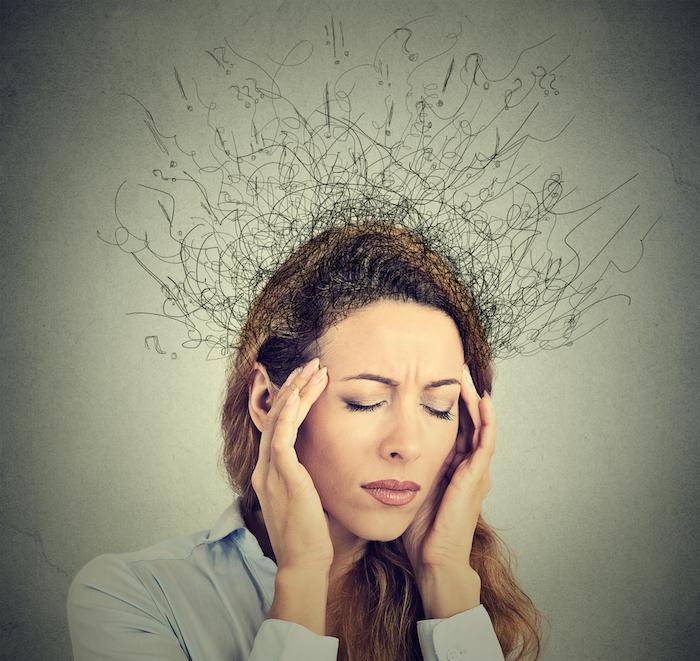Migraines and Their Symptoms
Migraines are a type of intense headache that typically include symptoms such as a throbbing pain, nausea and a sensitivity to light and sound. For many of us, migraines are part of daily life, with episodes lasting hours or even days. The good news is that there are steps you can take to minimise your exposure to triggers and treat the symptoms that can be debilitating. There are a number of professional options when considering treatment, including osteopathy and dry needling, however today we’re going to be taking a look at how to identify migraine triggers and how you can take steps to avoid them.
Diet
Perhaps surprisingly, food and drink can be a trigger for migraines. Certain foods are more common triggers than others such as cheeses, processed meats (like bacon or salami), alcohol (especially red wine), and foods with a lot of additives. Caffeine, in particular, can bring on a migraine, as an excess can be a trigger, as can a lack of caffeine to those accustomed to a certain amount.
Tips on how to avoid: Keep track of your eating habits with a diary to gain insight into what you eat and how it relates to your migraines. Keeping a diary can reveal patterns, allowing you to cut out potential triggers one at a time. Be mindful about how much caffeine you’re consuming and if you plan to reduce it, do so gradually to avoid withdrawal headaches.
Stress levels
Stress is one of the most common migraine triggers. Pressures from work, relationships, health or finances can all build up over time, leading to migraines and other symptoms. Stress leads to changes in the brain chemistry and fluctuations in hormones such as cortisol. These changes can act as a trigger to an attack.
Tips on how to avoid: We can’t eliminate stress entirely, however we can take steps to reduce it. Finding ways to manage it that work for you can be a game-changer. Activities like regular exercise, deep breathing and meditation can all work to reduce your stress levels. It’s also crucial to make time for hobbies, friends and family and relaxation. Identifying what is causing stress and taking proactive steps to minimise your exposure to it can go a long way in reducing the likelihood of stress-related migraines.
Sleep Health
Both too much and too little sleep can trigger migraines. Working hours that disrupt your sleep, staying up too late, or even oversleeping on weekends can have enough of an effect on your natural rhythm that it can lead to headaches or migraines.
Tips on how to avoid: Consistency is key. Getting to bed and waking up at the same time every day can make a huge difference. Create a relaxing bedtime routine and make sure your sleep environment is comfortable, dark and relaxing. Prioritise quality, unbroken sleep and avoid using any electronic devices before bed.
Dehydration
Even a little dehydration can bring on a migraine. When your body doesn’t have enough water, it can affect your brain, leading to headaches and other symptoms.
Tips on how to Avoid Make sure to drink enough water throughout the day, for adults this is around 2L. If you’re physically active or somewhere hot, you may need more water than usual. Always keep a water bottle with you and set reminders on your phone if you often forget to hydrate. You can also eat water-rich foods like fruits and vegetables to help with hydration.
Changes in Weather
For some people, weather changes can trigger migraines, specifically changes in atmospheric pressure. Sudden storms, changes in humidity or extreme heat can be problematic and potentially trigger migraines.
Tips on how to avoid: While nothing can be done to change the weather, you can be prepared. Pay attention to weather forecasts and if you know a storm or pressure change is coming, take preventive measures. Stay hydrated, reduce stress, and avoid other known triggers when the weather is most likely to set off a migraine. Some people find that staying indoors in a controlled environment can help during weather-related migraine triggers.
